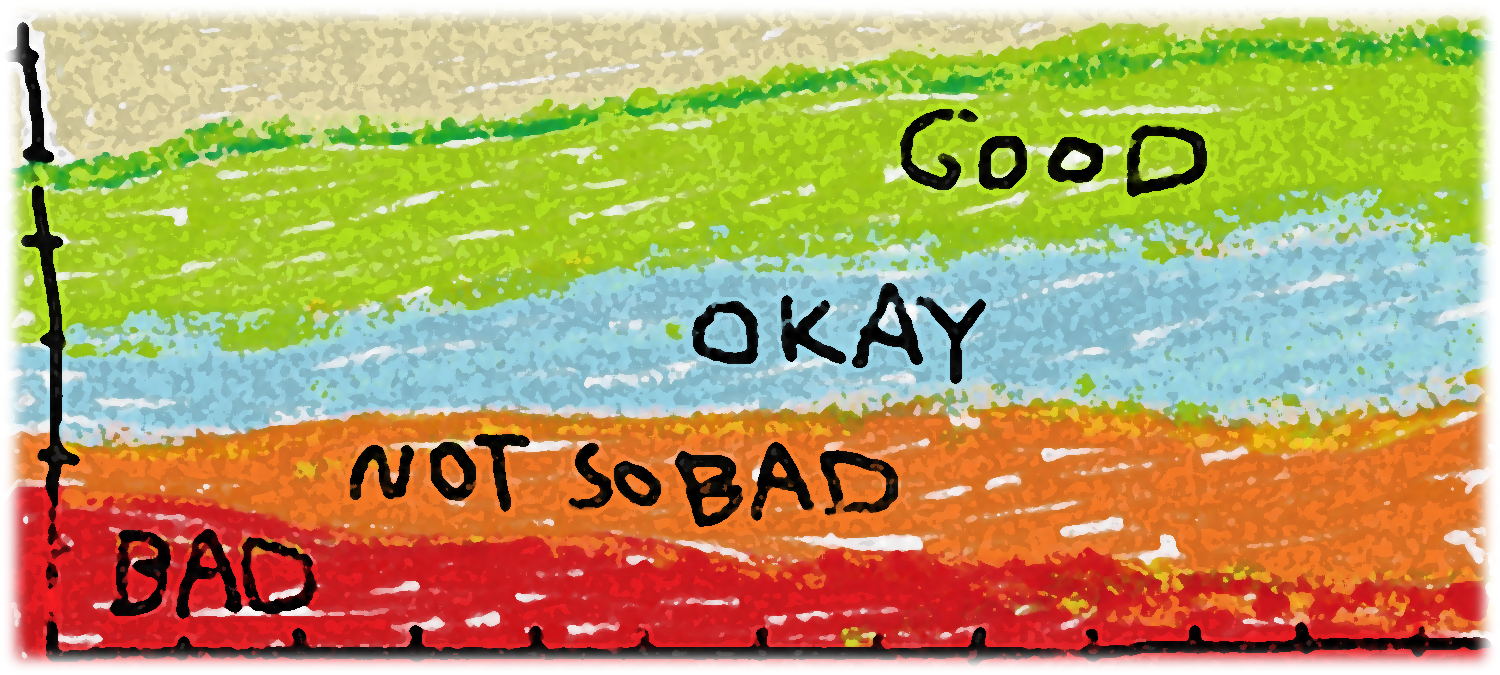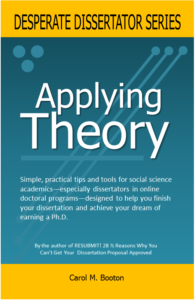Whether we admit it or not, we all have beliefs about the nature of the universe. When I say “universe,” I don’t mean our tiny solar system and all the vast galaxies beyond. By “universe,” I mean whatever force works on us in our daily lives. Reality, maybe, is another word for it. As in, does the universe (AKA reality) care what I want or believe? Humans have asked this question since they painted with ochre and blood on cave walls.
The universe existed long before I came on the scene and presumably will continue to exist after I am gone. I am a blip. That means whenever I think my current writing project is so precious, so valuable, so momentous, so utterly guaranteed to change lives for the better . . . that surely the universe will support it, I know I’ve fallen into the trap of imagining I can negotiate with the universe. In this blogpost, I’m picking apart my beliefs to get down to the essence of my relationship to reality. I’m not a philosopher, so please don’t judge. My hope is that in this process, I will find the will to keep writing.
Belief 1: What I do matters to the universe
This belief exemplifies my molecular-level ethnocentricity. The crux of this belief is this: I’m human, therefore, I matter. By extension, what I do, no matter how small, matters. Do you believe this? I’m not sure I do. Oh, I know I have influence—I’ve conjured much havoc in my short lifespan. However, in the long run, in the big picture, have my actions mattered?
At a microlevel, I’ve mattered to a few people. I’ve made a difference in the lives of some friends, family members, and pets, perhaps a few strangers I’ve met and helped along the way. Maybe some of the projects I’ve delivered to the world have helped some struggling artists, some hapless dissertators. That’s nice. Does it matter? The few folks I’ve helped hardly constitute “the universe.”
That begs the question, how important is it that I believe what I do matters? Do I need to believe the universe cares if I can’t seem to find the motivation to write and would rather eat chocolate ice cream until I’m in a sugar coma? Clearly, I would like to believe I matter, if for no other reason than adopting this belief could serve as a weight-control strategy.
What about bees, birds, and bunnies? Do they matter? I think humans are starting to believe they do. Of course, believing they matter and acting as if they matter enough to keep them from going extinct are two different things.
When I was working on my doctorate (an eight-year slog through academic hell), I came to believe that nobody cared about my misery and frustration, especially not the universe. I learned that if I wanted to cross that “phinish” line, I would have to dredge up my own motivation, be my own advocate, and mint my own mojo because I certainly wasn’t going to get it from the universe (i.e., my dissertation chair and committee). At that for-profit university, doctoral students really were on their own.
Belief 2: I can influence the universe to work in my favor
If the universe cares what I do, it’s not hard to leap to the hopeful thought that I can manipulate it to do my bidding—or, at least, to favor me over others. Thus, it’s a short hop from I matter and what I do matters to yeah, sure, we all matter, but I matter more than anyone else, so I should be granted my wishes and desires. I blame demographics. I was born in a certain place and time. I somehow ended up in a certain body, with a certain gender and skin color. I didn’t plan it; I don’t think we get a choice on these demographic characteristics—sadly, these characteristics have led my brain toward certain beliefs, namely, that I matter more than you. I’m not proud of this propensity of my brain. However, it’s all I have to work with, and I continually work to be more aware of its shortcomings.
Well, what about the idea that if everyone matters, then none of us matters? Does your brain try to persuade you with this argument? But wait, how about those of us who are being persecuted, exploited, abused, and murdered by systemic inequities? Inequities matter because real people suffer real harm from real abuses. I do not want to be part of perpetuating systemic suffering. I come in peace.
Back to my gripe. What if the universe doesn’t actually care about me or my actions? (Say, could we devise a research project to test the question?) Even if the universe doesn’t care, is it still possible to influence it to lean toward seeing things my way? First, that statement assumes the universe has eyes, which, uh-oh, anthropomorphism strikes again, and second, attempting to influence outcomes is the endless quest of all lifeforms.
Humans are a superstitious bunch. We make sacrifices and pray to the gods of our misunderstanding in futile attempts to control our destinies. We make art to express our frustration and dedicate our tears to The Muse (another name for the universe). We dissertators seek validation from our dissertation chairs and committee members, from our peers, and from all those pompous peer-reviewed journals we are told we must court or die. We tout the books we’ve written and the papers we’ve published, as if the universe cares. Even our circle of friends and family don’t care all that much. How can they care? They don’t have time. They are busy worrying about what they are going to do next to influence the universe into fulfilling their hopes and dreams.
It’s not a moral failing to have and pursue hopes and dreams, nor is it a moral failing to choose not to pursue them. The universe (God? Fate?) distributes/imbues/endows/gives us talents (gifts?) and propensities, which we may or may not be in a position to fulfill, depending on demographics. In other words, it’s okay to get busy writing. It’s also okay to sit around and mope and do nothing. The universe (being a construct of my sputtering human brain) does not care.
Belief 3: How I feel matters
As a human driven almost totally by emotion, it’s hard to accept that my feelings have no influence on reality. Feelings are the centerpiece of my personal breakfast buffet. I’ve written in wobbly circles around this idea for a few years now. I circle back to it because some part of my brain insists that my emotions are real and can influence reality—therefore, they matter. My intellect “knows” emotions aren’t real but stumbles when asked to ignore them. My knee-jerk consideration about any decision, any action, any dilemma, is . . . how do I feel? This is so embarrassing.
It’s ridiculous to view life through only one lens. I wear glasses. Imagine if I knocked out one side and tried to drive. You should avoid northwest Tucson until I get my glasses fixed, just saying.
Maybe I’m judging myself too harshly for being a creature of emotions. I’m human. Emotions are the spice of human relationships. Living without emotions would be a living death. I don’t want to jettison my emotions (usually) but I would like to keep them in perspective—to remember that the universe doesn’t respond to how I feel. The universe responds to what I do.
The lesson of my musing is . . . get busy
I’m going to walk myself through a little exercise and hope that I’ll free up some brain space to get back to my writing project. You can try this yourself if you feel so inclined.
- First, does the universe care what I do? (Begs the question, Is the universe sentient? Answer unknown, but I choose to believe NO)
- Does it matter to my experience to know if the universe cares what I do? NO
- Can I influence the universe through prayer, sacrifice, weeping, moaning, gnashing, pummeling, suffering, or writing late at night? In other words, can the universe be bought or bribed? NO
- If the universe is oblivious to my emotional pleadings or intellectual arguments, how can I get what I want from it? I CAN’T
- Conclusion: Actions produce outcomes. To the extent that I can claim the universe responds to anything, I would say the universe responds to action. Recommended action: GET BUSY.
Does it work? I guess so. I seem to be writing. I acted—therefore, I am experiencing the consequences of my actions. Something like that. Whether I’m writing the right things, whether I’m writing well, whether my circle of humans will care . . . argh! I can’t worry about that now. That is fodder for a future blogpost.
Let’s get back to writing!






